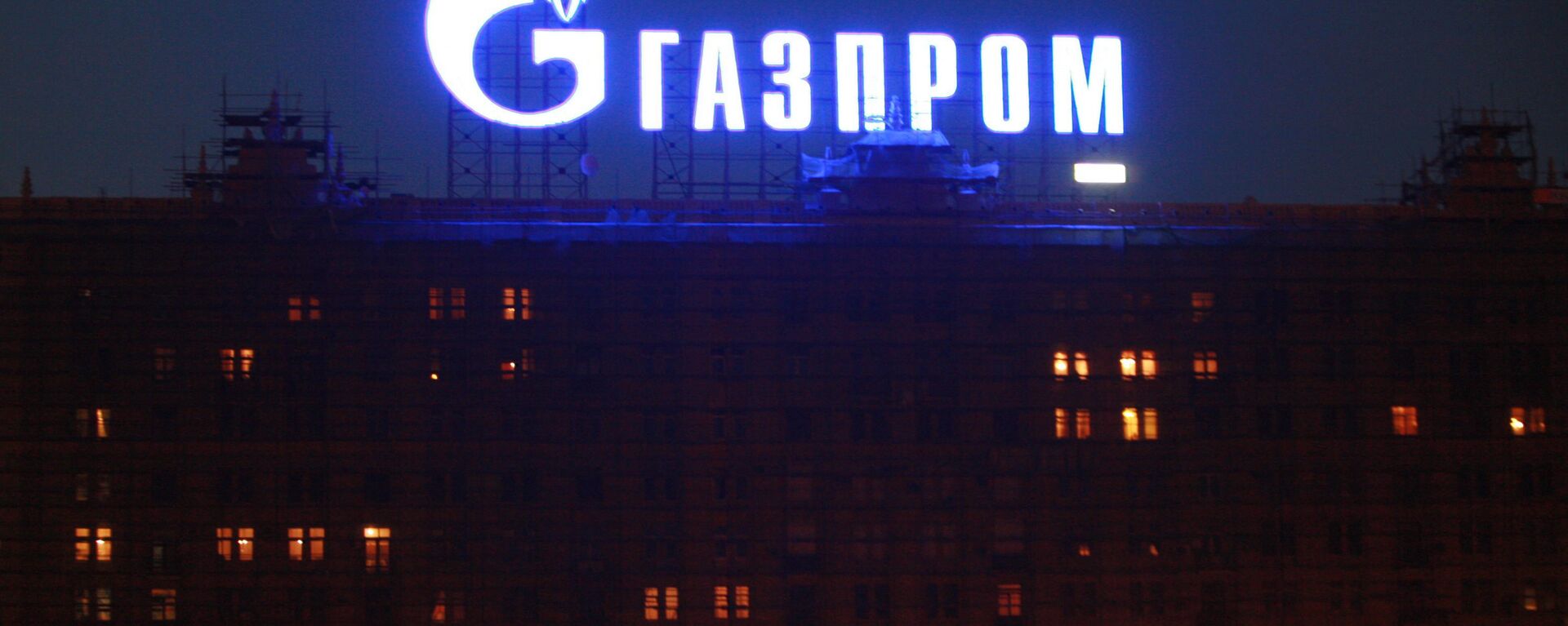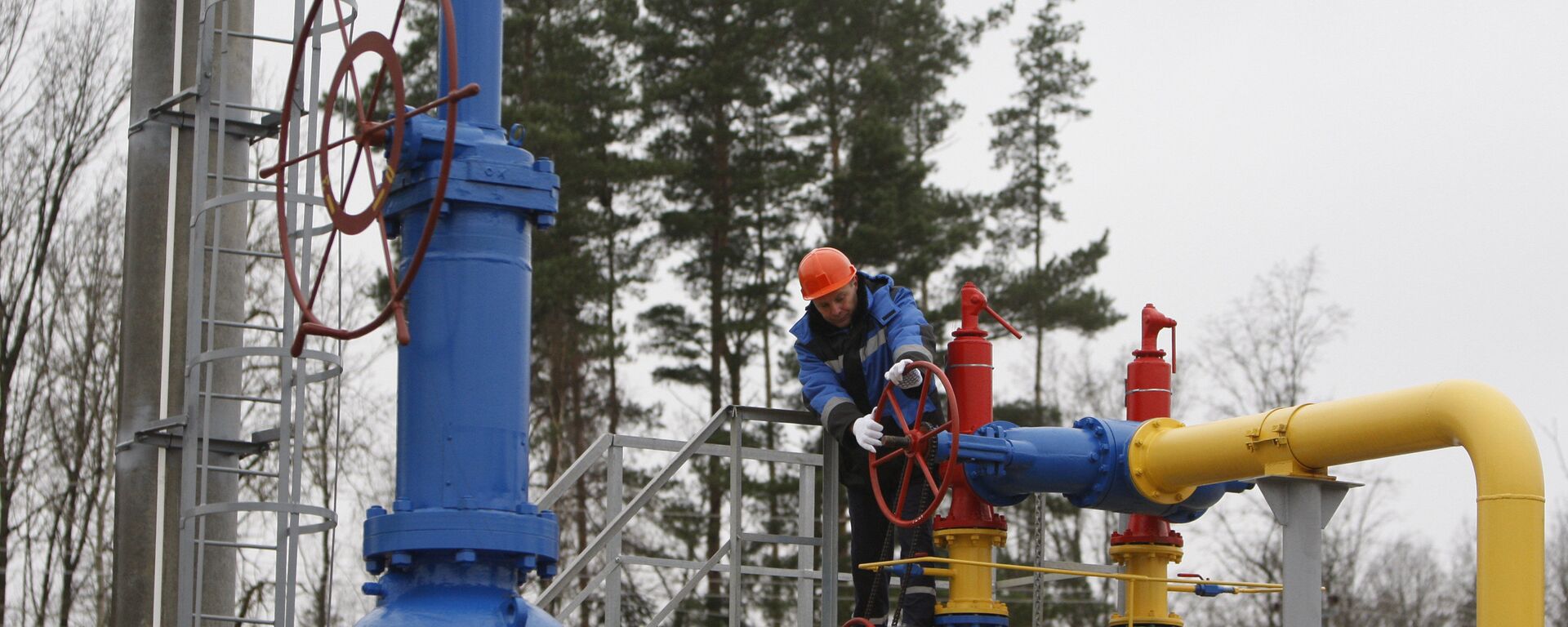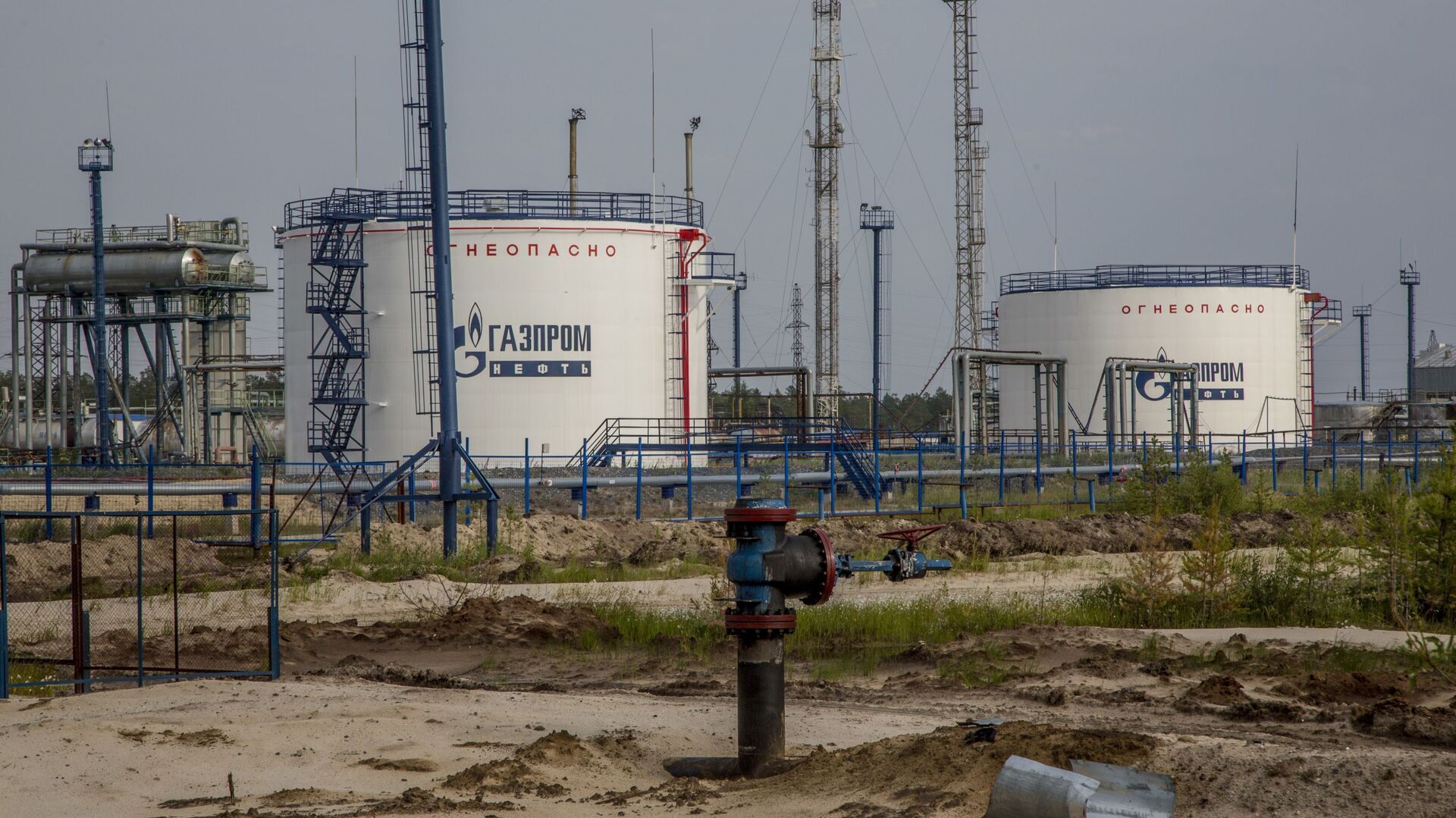https://sputnikglobe.com/20211231/gazprom-respects-all-contracts-with-european-countries-hungarian-fm-says-1091934736.html
Gazprom Respects All Contracts With European Countries, Hungarian FM Says
Gazprom Respects All Contracts With European Countries, Hungarian FM Says
Sputnik International
Russia's Gazprom is fulfilling its contractual obligations with all European countries, Hungarian Foreign Minister Peter Szijjarto said on Friday
2021-12-31T06:35+0000
2021-12-31T06:35+0000
2021-12-31T06:35+0000
europe
energy crisis
russia
gazprom
hungary
gas
https://cdn1.img.sputnikglobe.com/img/07e5/02/11/1082102602_0:161:3071:1888_1920x0_80_0_0_2e570b100801820982a8880d2099dfa8.jpg
"The Russian Federation and Gazprom have always been very reliable partners for Hungary ... All the contracts have been respected … And, as far as I understand, no one in Europe complains about Gazprom violating contracts", Szijjarto told RT.The Hungarian foreign minister made the comment shortly after Gazprom said that it remains ready to provide Europe with additional gas under long-term contracts, which would be less expensive than spot prices.A spokesman for the Russian energy giant also slammed the accusations against Russia and Gazprom by several Western nations, claiming that the company was not supplying enough gas to the European market.Gazprom's practice is to book transit capacities to pump as much gas as contracted by clients, he said, adding that European countries like Germany and France have already taken their contracted volume of fuel but have not placed any new orders.Russian President Vladimir Putin has also rejected the West's accusations that the country is trying to manipulate the European gas market, saying the European gas crunch resulted from the EU's decision to buy on spot markets. The president said the problems the EU created should be solved by them, but Russia is ready to help.He further accused the EU of reselling the Russian gas it bought at long-term contract prices on the lucrative spot markets, and suggested that Germany is reverse-pumping Russian gas to Ukraine through Poland. He pointed to a pipeline connection between Poland and Ukraine that has the same capacity — 3 million cubic metres per day — as what is being pumped from Germany to Poland.He specifically addressed allegations coming from Kiev and Brussels that Russian energy giant Gazprom is responsible for the situation, criticising them as completely false."There is no truth here. This is just an attempt to turn everything upside down again... Yes, they lie all the time, that's why they muddy the waters", Putin said.He added that Gazprom supplies the entire volume of gas requested under existing contracts. Moreover, the company has increased gas supplies to countries outside the Commonwealth of Independent States, the president stressed. Later, Putin assured Serbian President Aleksandar Vucic that the country will have enough gas for the winter after the latter said that he had discussed the possibility of contracting an additional 2 billion cubic metres of gas per year with Gazprom. Gas prices in Europe have been on the rise for several months, hitting a historic record of over $2,150 per 1,000 cubic metres on 21 December. The energy crisis is believed to be driven by an increased demand for natural gas globally and heavy dependence on foreign energy deliveries, as well as the uncertainty around the launch of the Nord Stream 2 pipeline, among other factors.
https://sputnikglobe.com/20211225/gazprom-says-its-ready-to-send-more-gas-to-europe-under-cheaper-long-term-contracts-1091801755.html
https://sputnikglobe.com/20211227/observers-blaming-eu-gas-crunch-on-russia-is-cheap--dishonest-way-to-cover-up-europes-own-faults-1091836733.html
hungary
Sputnik International
feedback@sputniknews.com
+74956456601
MIA „Rosiya Segodnya“
2021
Sputnik International
feedback@sputniknews.com
+74956456601
MIA „Rosiya Segodnya“
News
en_EN
Sputnik International
feedback@sputniknews.com
+74956456601
MIA „Rosiya Segodnya“
Sputnik International
feedback@sputniknews.com
+74956456601
MIA „Rosiya Segodnya“
russia, eu, europe, gas, gazprom, hungary, gazprom fulfills contracts, hungarian foreign minister szijjarto
russia, eu, europe, gas, gazprom, hungary, gazprom fulfills contracts, hungarian foreign minister szijjarto
Gazprom Respects All Contracts With European Countries, Hungarian FM Says
MOSCOW (Sputnik) - Russia's Gazprom is fulfilling its contractual obligations with all European countries, Hungarian Foreign Minister Peter Szijjarto said on Friday.
"The Russian Federation and Gazprom have always been very reliable partners for Hungary ... All the contracts have been respected … And, as far as I understand, no one in Europe complains about Gazprom violating contracts", Szijjarto told RT.
The Hungarian foreign minister made the comment shortly after Gazprom said that it remains ready to provide Europe with additional gas under long-term contracts, which would be less expensive than spot prices.
A spokesman for the Russian energy giant also slammed the accusations against Russia and Gazprom by several Western nations, claiming that the company was not supplying enough gas to the European market.
"All [of the] accusations [...] are completely unfounded, unacceptable, and do not correspond to reality. Simply put, they are lies", Gazprom spokesman Sergey Kupriyanov said.
Gazprom's practice is to book transit capacities to pump as much gas as contracted by clients, he said, adding that European countries like Germany and France have already taken their contracted volume of fuel but have not placed any new orders.

25 December 2021, 18:04 GMT
Russian President Vladimir Putin has also rejected the West's accusations that the country is trying to manipulate the European gas market, saying the European gas crunch resulted from the EU's decision to buy on spot markets. The president said the problems the EU created should be solved by them, but Russia is ready to help.
He further accused the EU of reselling the Russian gas it bought at long-term contract prices on the lucrative spot markets, and suggested that Germany is reverse-pumping Russian gas to Ukraine through Poland. He pointed to a pipeline connection between Poland and Ukraine that has the same capacity — 3 million cubic metres per day — as what is being pumped from Germany to Poland.
"Instead of pumping gas to Poland and on to Ukraine in order to hold up its trousers, they should continue pumping gas to Europe and Germany. This would influence the spot market price", Putin continued.
He specifically addressed allegations coming from Kiev and Brussels that Russian energy giant Gazprom is responsible for the situation, criticising them as completely false.
"There is no truth here. This is just an attempt to turn everything upside down again... Yes, they lie all the time, that's why they muddy the waters", Putin said.

27 December 2021, 14:21 GMT
He added that Gazprom supplies the entire volume of gas requested under existing contracts. Moreover, the company has increased gas supplies to countries outside the Commonwealth of Independent States, the president stressed. Later, Putin assured Serbian President Aleksandar Vucic that the country will have enough gas for the winter after the latter said that he had discussed the possibility of contracting an additional 2 billion cubic metres of gas per year with Gazprom.
Gas prices in Europe have been on the rise for several months, hitting a historic record of over $2,150 per 1,000 cubic metres on 21 December. The energy crisis is believed to be driven by an increased demand for natural gas globally and heavy dependence on foreign energy deliveries, as well as the uncertainty around the launch of the Nord Stream 2 pipeline, among other factors.






